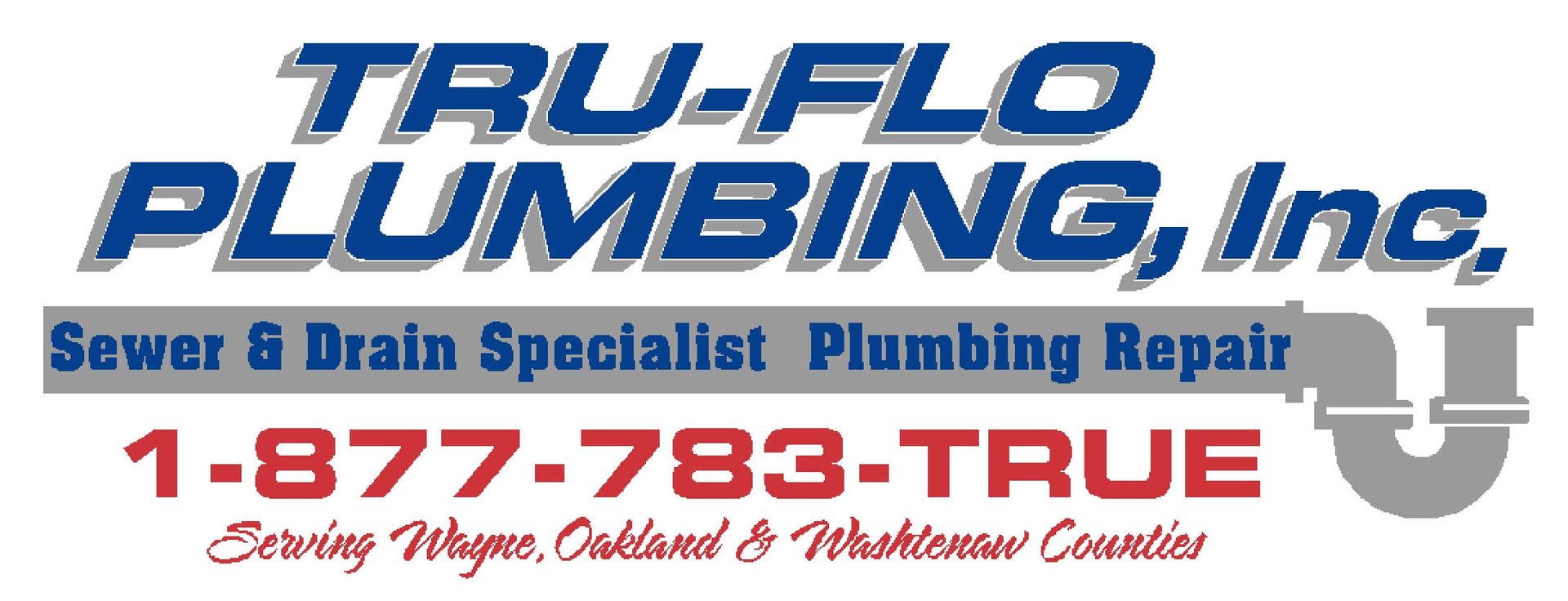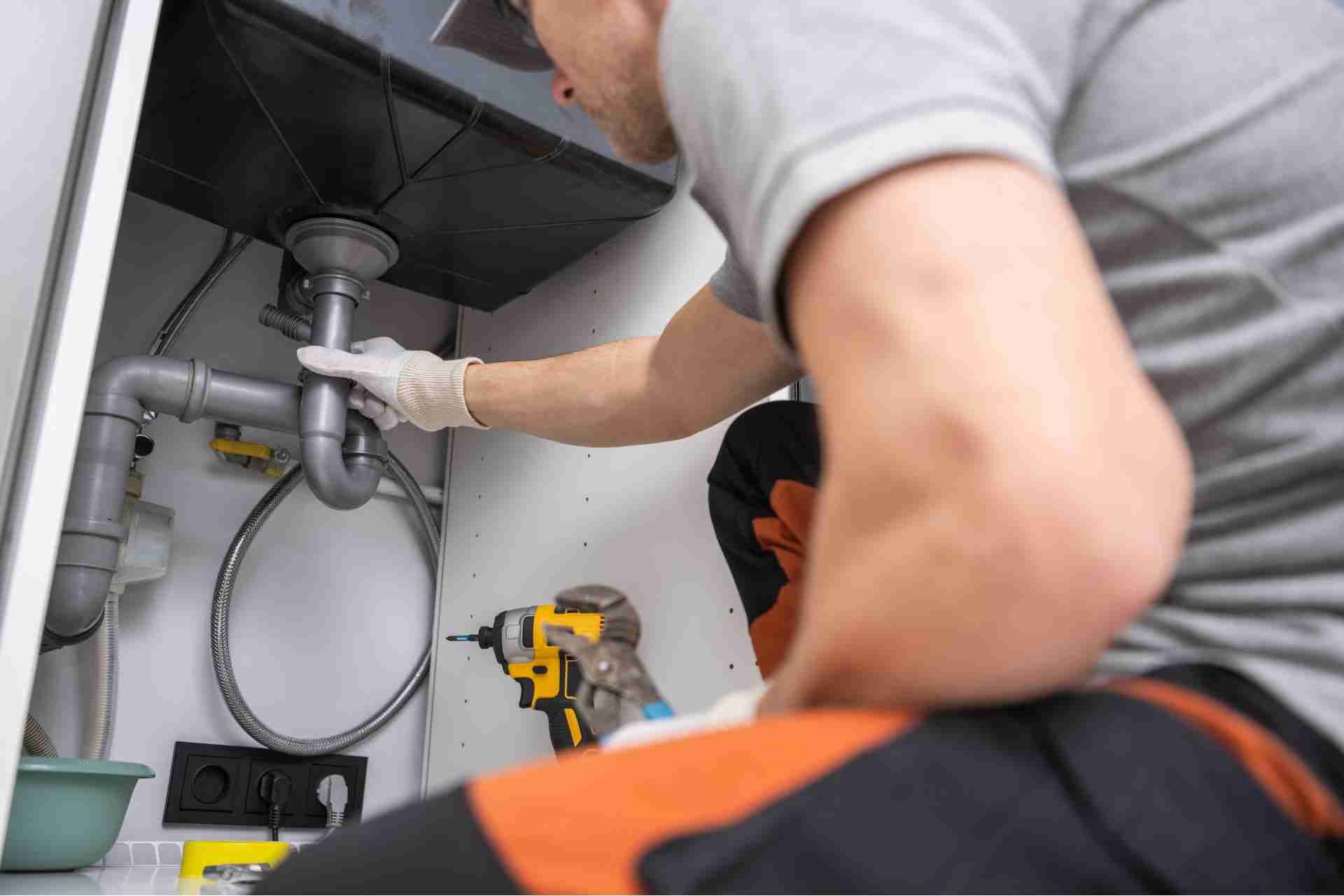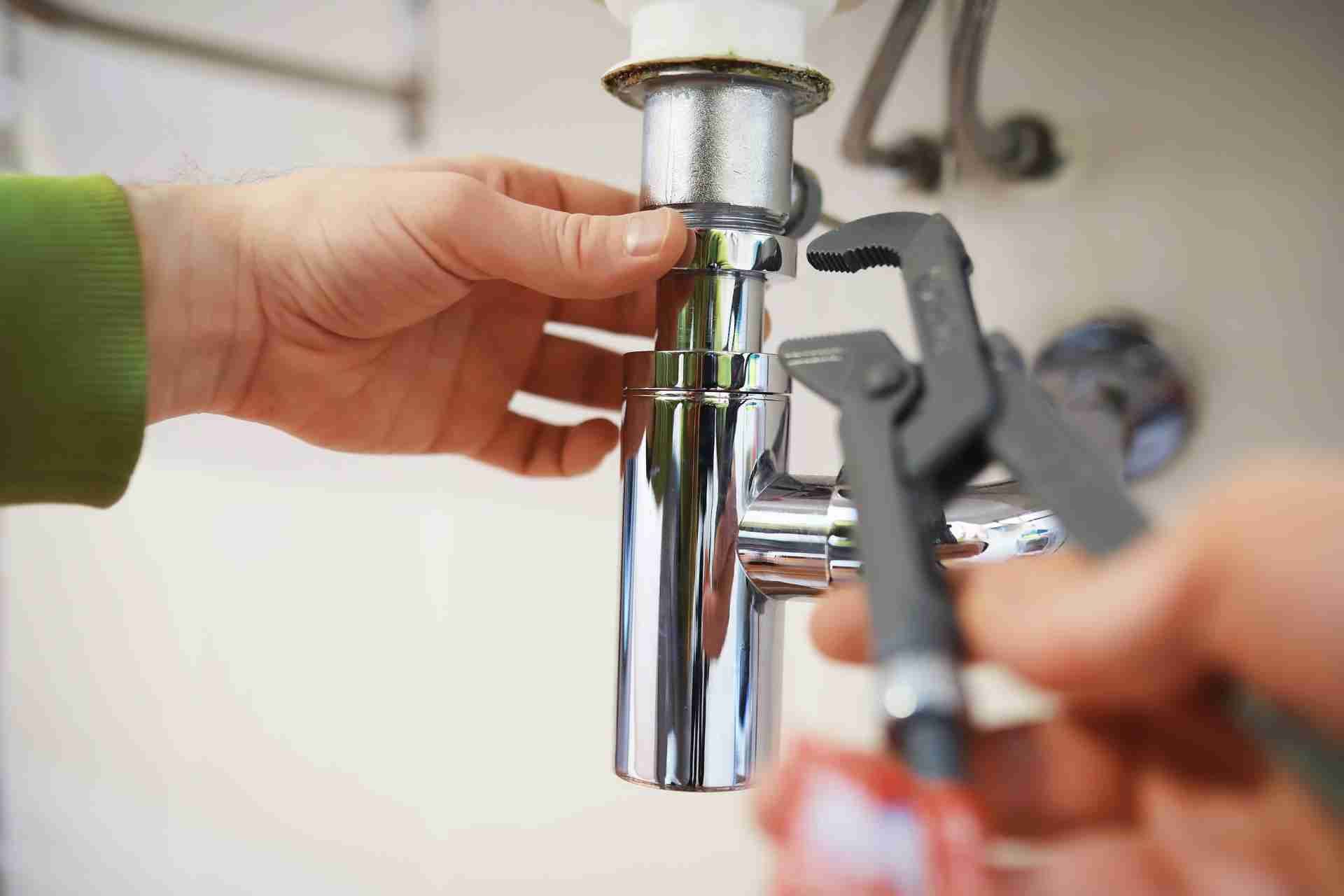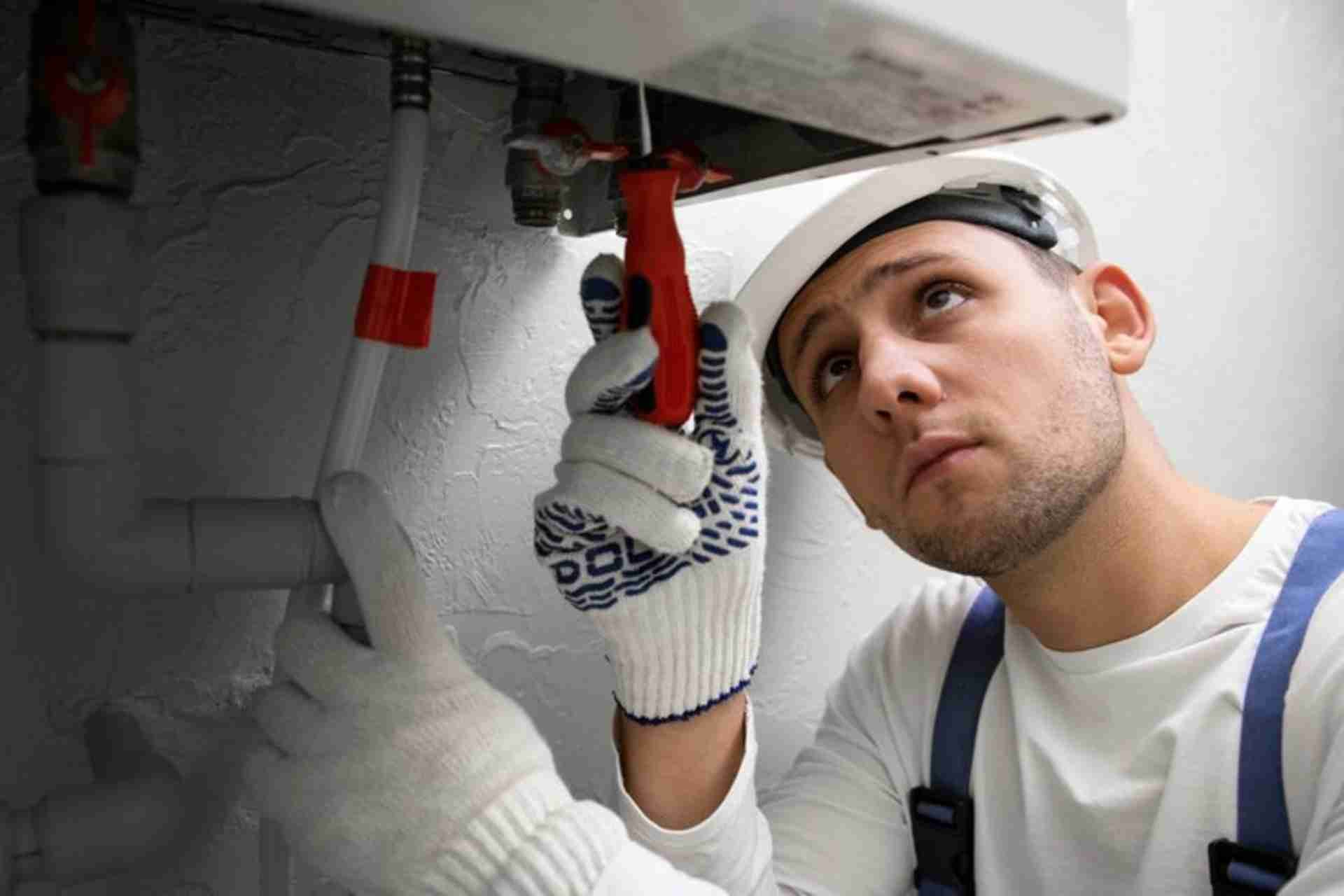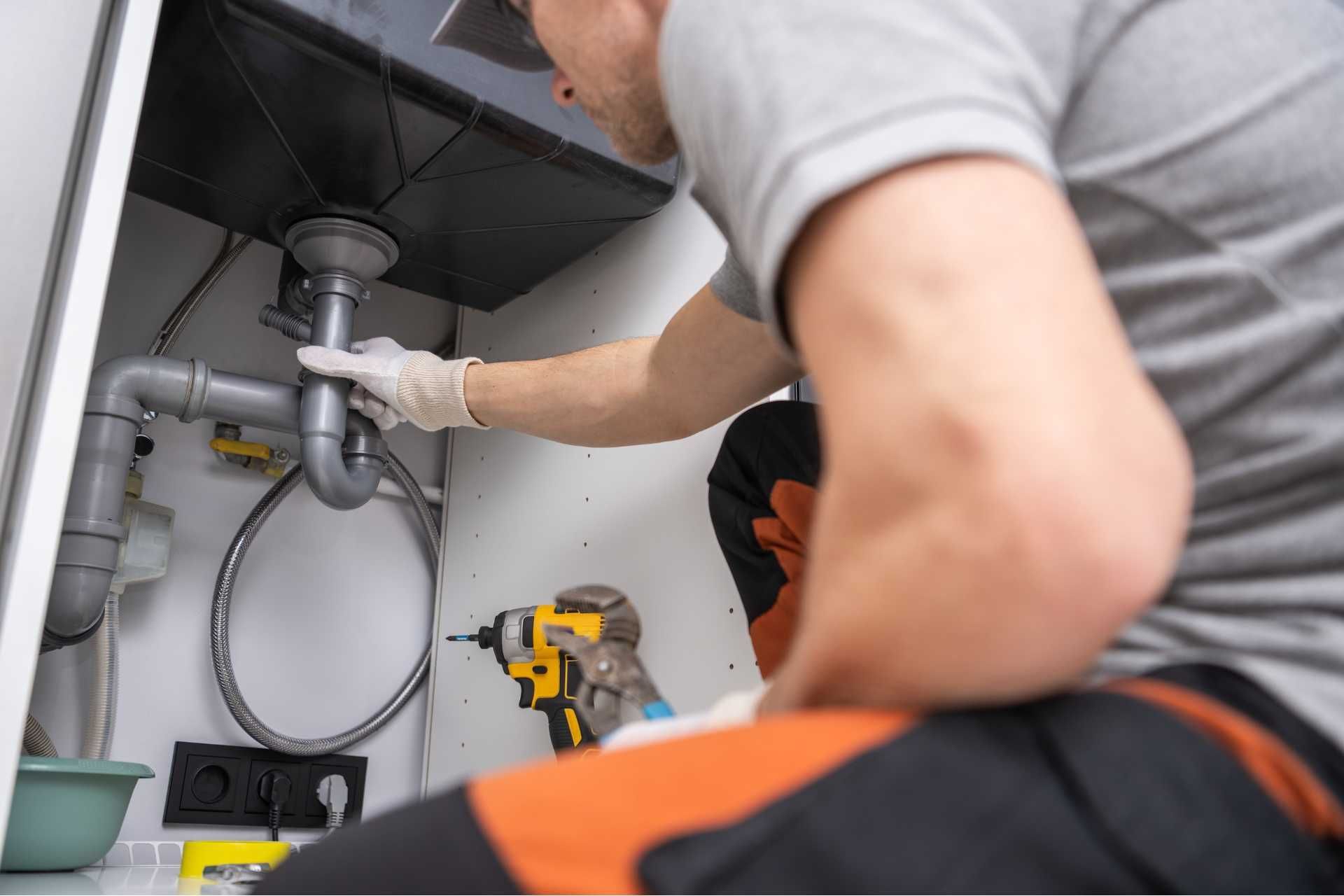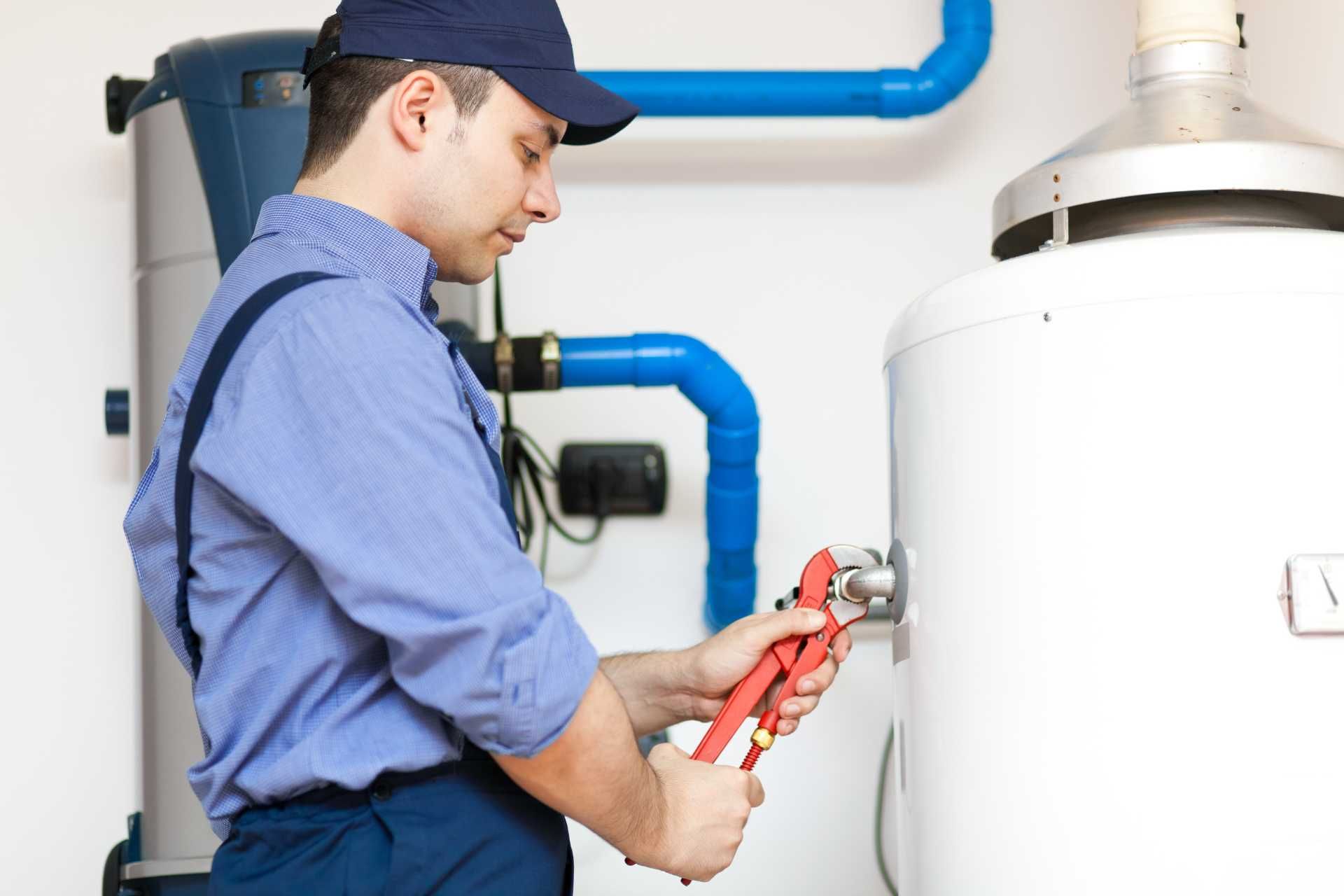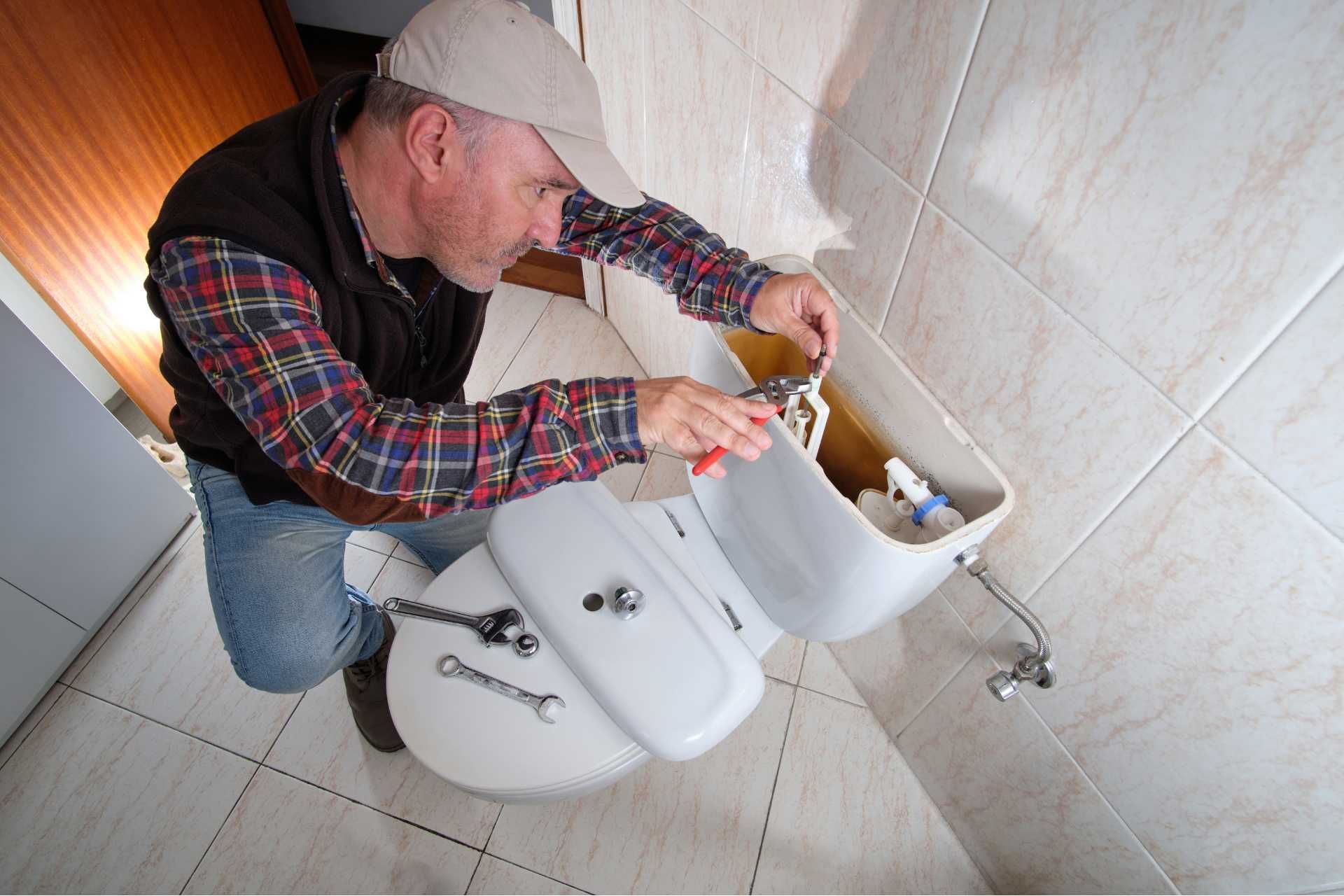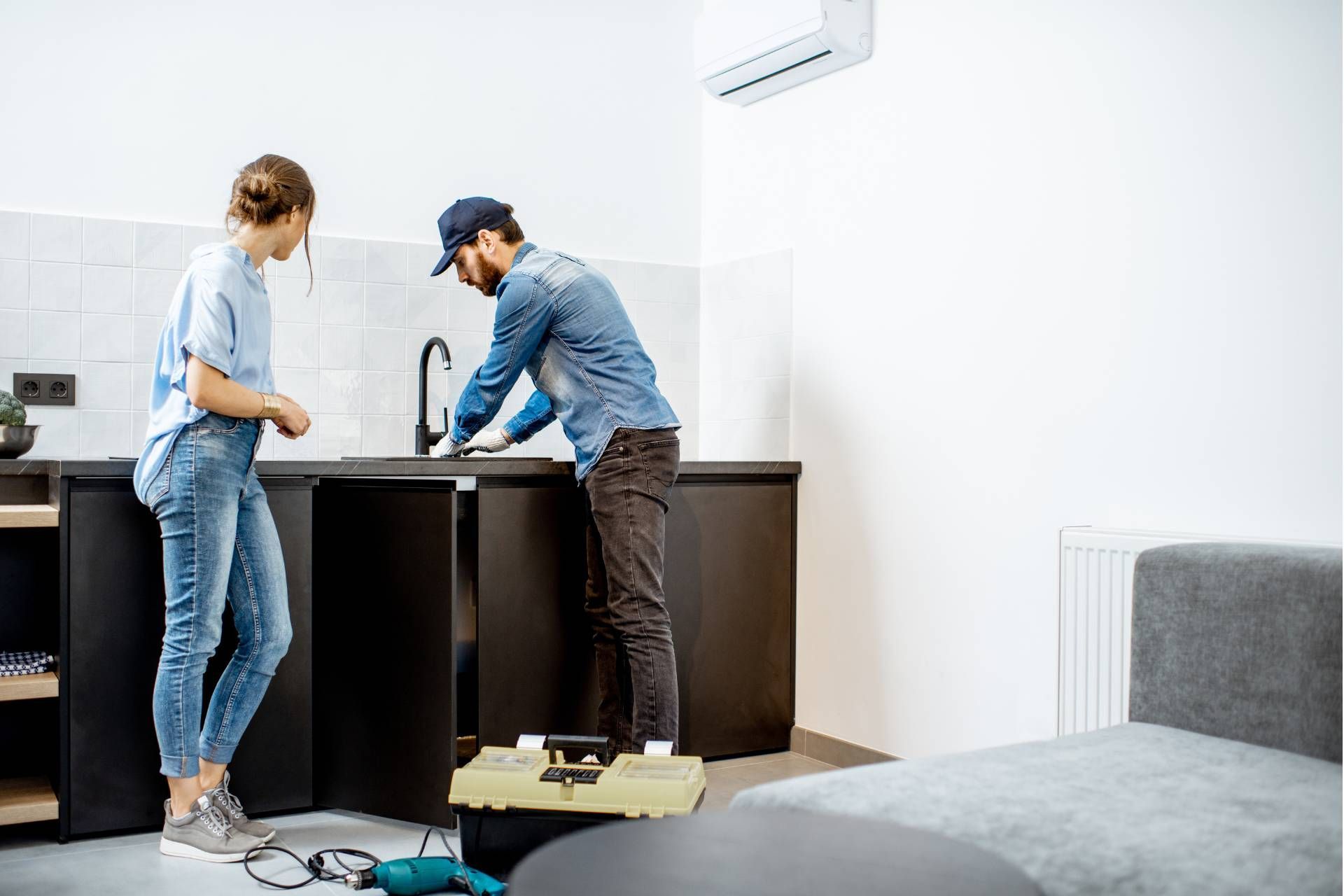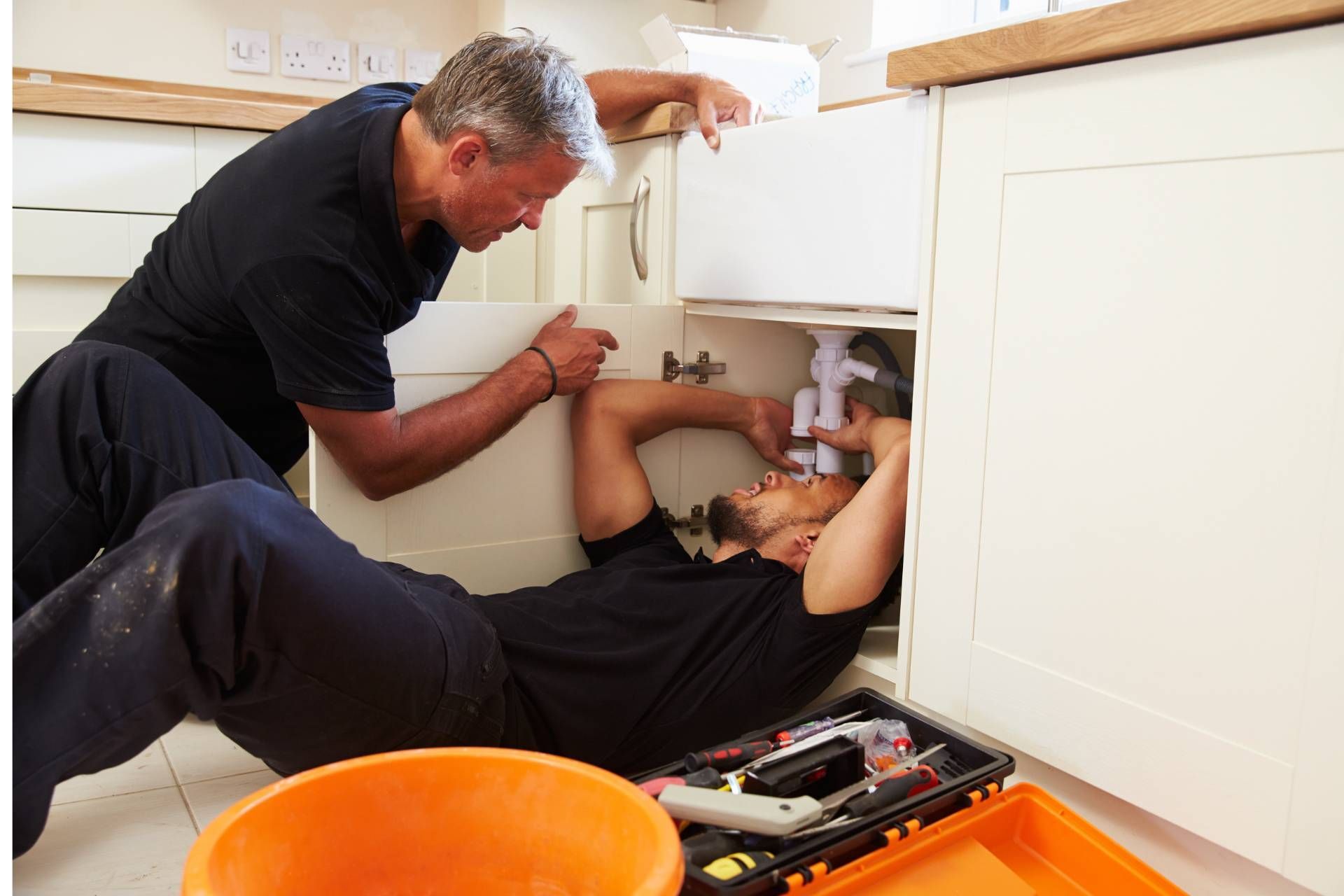Treat Regular Plumbing Maintenance as Prevention
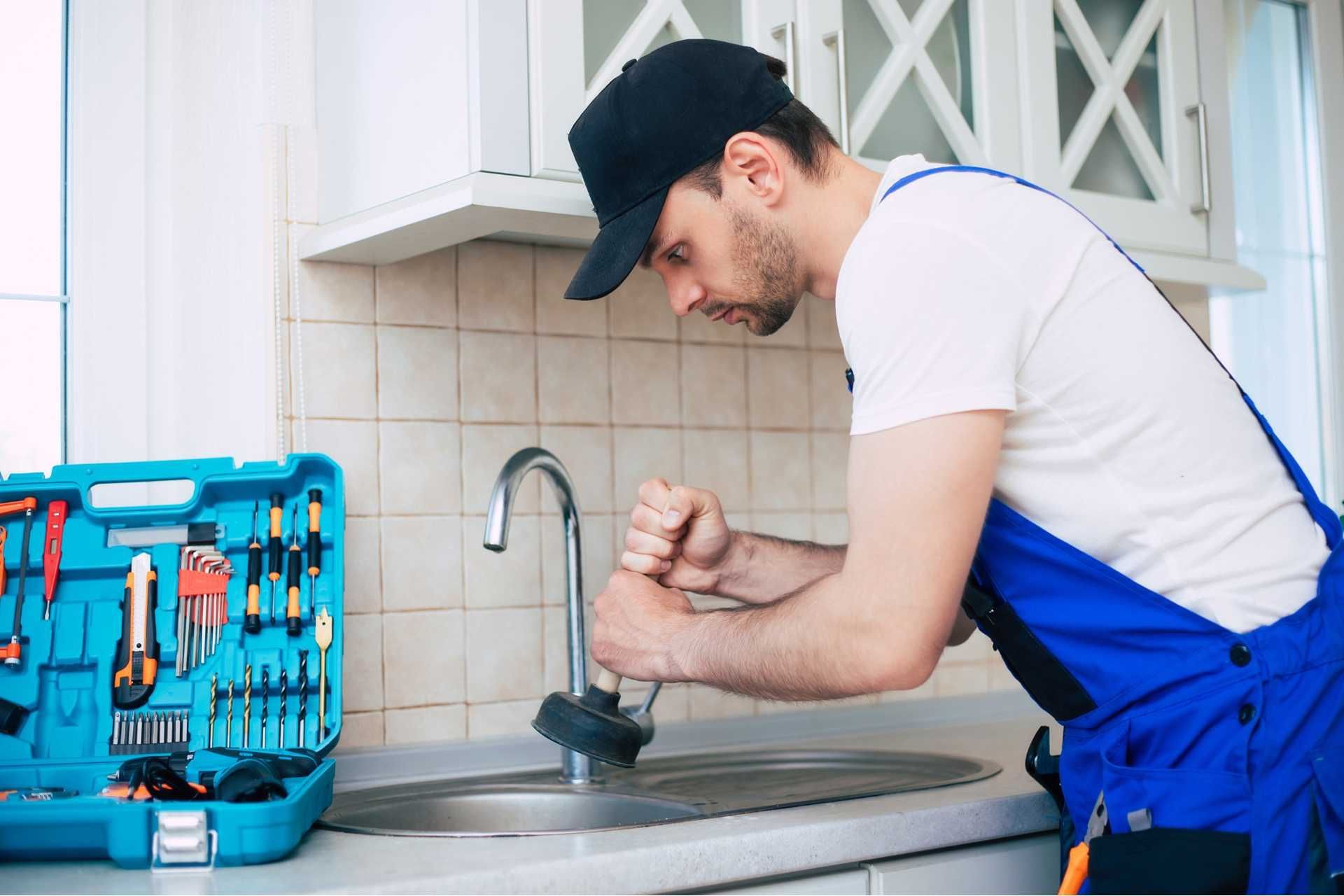
Plumbing maintenance is the process of regularly checking and servicing your plumbing system to ensure it is functioning properly and to prevent any potential issues or breakdowns.
Regular plumbing maintenance is often overlooked by homeowners, but it is an essential step in preventing costly and inconvenient plumbing issues. Just like maintaining your car or taking care of your health, taking care of your plumbing system through regular maintenance can help prevent major problems down the road.
By treating regular plumbing maintenance as prevention, you can catch small issues before they become big problems. This proactive approach can save you time, money, and stress in the long run. In this blog post, we will discuss the importance of regular plumbing maintenance and provide some tips on how to keep your plumbing system in good working order.
Why Regular Plumbing Maintenance is a Must
Regular plumbing maintenance is essential for several reasons:
Prevents costly repairs
By conducting regular maintenance checks on your plumbing system, you can catch any potential issues early on and address them before they escalate into costly repairs. This can save you money in the long run by avoiding major repair expenses.
Increases the lifespan of your plumbing system
Regular maintenance helps to keep your plumbing system in good working condition, which can extend its lifespan. By taking care of your plumbing system, you can avoid premature wear and tear that can lead to the need for replacement sooner than expected.
Improves efficiency
Well-maintained plumbing systems operate more efficiently, which can result in lower water and energy bills. By ensuring that your pipes, fixtures, and appliances are working properly, you can reduce the risk of leaks, clogs, and other issues that can cause your system to work harder than necessary.
Promotes health and safety
Faulty plumbing systems can pose health and safety risks to you and your family. For example, leaks can lead to water damage and mold growth, which can affect indoor air quality and cause respiratory issues. Regular maintenance can help to prevent these issues and ensure that your plumbing system is safe for use.
Increases property value
A well-maintained plumbing system can add value to your property. When potential buyers see that the plumbing has been well taken care of, they may be more inclined to pay a higher price for your home.
Essential Plumbing Maintenance Tasks
Check for leaks
Plumbing leaks can be a homeowner's worst nightmare. Not only can they lead to costly water damage, but they can also cause mold and mildew to grow in your home. That's why it's important to regularly check for leaks in your plumbing to prevent any potential issues from occurring.
Regularly inspecting your plumbing fixtures, such as faucets, showers, and toilets, for any signs of leaks can also help prevent water damage in your home. Look for any drips or leaks coming from these fixtures and repair them as soon as possible to prevent any further damage.
Clean and unclog drains
Having clean and unclogged drains is an essential part of maintaining a healthy and functioning home. Clogged drains can cause a variety of issues such as slow draining water, foul odors, and even water damage if left untreated.
Regularly cleaning your drains can also help prevent clogs from forming. One simple method is to pour a mixture of baking soda and vinegar down the drain, followed by hot water. This natural solution can help to break down any buildup and keep your drains flowing smoothly.
Inspect water heater
Regular inspection and maintenance are necessary to ensure your water heater continues to function properly and efficiently.
Inspecting your water heater is a relatively simple task that can help prevent potential issues and extend the lifespan of the appliance. Here are a few key steps to follow when inspecting your water heater:
- Check for Leaks: The first thing you should do when inspecting your water heater is to check for any signs of leaks. Look for water pooling around the base of the heater or any dampness on the pipes or connections. If you notice any leaks, it is important to address them promptly to prevent further damage.
- Check the Temperature and Pressure Relief Valve: The temperature and pressure relief valve is a crucial safety feature of your water heater. Make sure the valve is working properly by lifting it and verifying that hot water is released. If no water comes out or the valve is leaking, it may need to be replaced.
- Inspect the Anode Rod: The anode rod is a sacrificial component that helps prevent corrosion inside the water heater tank. Inspect the rod for any signs of wear or corrosion, and replace it if necessary. A worn-out anode rod can cause the tank to rust and deteriorate, leading to water leaks and potentially damaging the appliance.
- Flush the Tank: Sediment buildup inside the water heater tank can reduce its efficiency and lifespan. To prevent this, it is recommended to flush the tank annually. Turn off the power or gas supply to the water heater, connect a hose to the drain valve, and carefully drain the tank until the water runs clear.
- Inspect the Flue and Ventilation: If you have a gas water heater, it is important to inspect the flue and ventilation system to ensure proper air flow and combustion. Make sure the flue is free of any obstructions and check for any signs of damage or deterioration.
Regularly inspecting your water heater can help identify potential issues before they become larger problems, saving you time and money in the long run.
Test sump pump
Testing your sump pump is a relatively simple process that can be done in just a few minutes. To start, locate the sump pit in your basement and slowly pour water into it until the pump kicks on. This can be done by manually raising the float switch in the sump pit, or by pouring water from a bucket. Once the pump is running, listen for any unusual sounds or vibrations that may indicate a problem.
It is recommended to test your sump pump at least once a year, preferably before the rainy season starts or anytime you anticipate heavy rainfall.
Inspect toilet components
When it comes to our homes, there are certain things that we often take for granted - like our toilets. We use them multiple times a day without giving much thought to their components or what could potentially go wrong. However, regularly inspecting your toilet components can help prevent costly repairs down the line and ensure everything is functioning properly.
Insulate pipes
As the temperatures drop during the winter months, it is important to take preventative measures to protect your home and avoid costly damage. One commonly overlooked area that should be insulated is your pipes. Insulating your pipes can help prevent them from freezing and bursting, which can cause extensive water damage to your home.
To insulate your pipes, start by measuring the length and diameter of the pipes you need to cover. Cut the insulation to the appropriate size and wrap it around the pipes, ensuring that it fits snugly. Use duct tape to secure the insulation in place and seal any gaps or seams.
Insulating your pipes not only helps prevent freezing and bursting but also helps conserve energy and lower your utility bills. When pipes are properly insulated, hot water stays hot longer and cold water stays cold longer, reducing the amount of energy needed to heat or cool the water.
Check water pressure
Test the water pressure in your home by using a pressure gauge. If the pressure is too low or too high, it can put stress on your plumbing system and cause damage. Adjust the pressure regulator if needed.
Inspect and clean gutters
Clogged gutters can lead to water overflow and damage to your plumbing system. Regularly clean out debris from gutters and downspouts to prevent blockages.
Protect outdoor faucets
Before winter, disconnect and drain outdoor hoses to prevent freezing. Consider installing frost-proof hose bibs to protect outdoor faucets from cold weather.
Schedule professional maintenance
At least once a year, consider hiring a professional plumber to inspect your plumbing system for potential issues and make any necessary repairs. Regular maintenance can help prevent costly repairs down the line.
Consequences of Neglecting Plumbing Maintenance
Plumbing issues can escalate
Neglecting professional plumbing maintenance can lead to minor issues turning into major problems. A small leak or clog that is not addressed promptly can lead to water damage, mold growth, or even burst pipes.
Reduced water efficiency
Over time, without regular maintenance, plumbing fixtures and pipes can become clogged or worn out, reducing water flow and efficiency. This can result in higher water bills and wasted water.
Health hazards
Neglected plumbing systems can lead to the growth of harmful bacteria and mold, which can cause health issues for you and your family. Leaks can also create damp conditions that attract pests like cockroaches and rodents.
Decreased property value
If plumbing issues are left unresolved, they can lead to structural damage to your property, which can decrease its overall value. Additionally, potential buyers may be deterred from purchasing a property with known plumbing problems.
Costly repairs
Ignoring professional plumbing maintenance can ultimately lead to costly repairs when problems become too severe to ignore. Regular maintenance can help catch issues early on and prevent them from escalating into expensive repairs.
Legal consequences
In some cases, neglecting plumbing maintenance can result in violations of building codes and regulations, leading to potential fines or legal action. It is important to ensure that your plumbing system is properly maintained to avoid such consequences.
Find a Professional Plumbing Company to do the Job
It is important to do thorough research and choose a professional plumbing company that is reputable, reliable, and experienced in handling maintenance jobs.
You can
contact Tru Flo Plumbing by calling
1-877-783-TRUE (8783). You can also fill out a contact form on our website. Let us know if you are interested in scheduling a plumbing maintenance job and we will be happy to assist you.
Address: 3215 Dix Hwy, Lincoln Park, MI 48146 | Phone: 1-877-783-TRUE (8783)
Copyright © 2023 Tru-Flo Plumbing, All Rights Reserved
